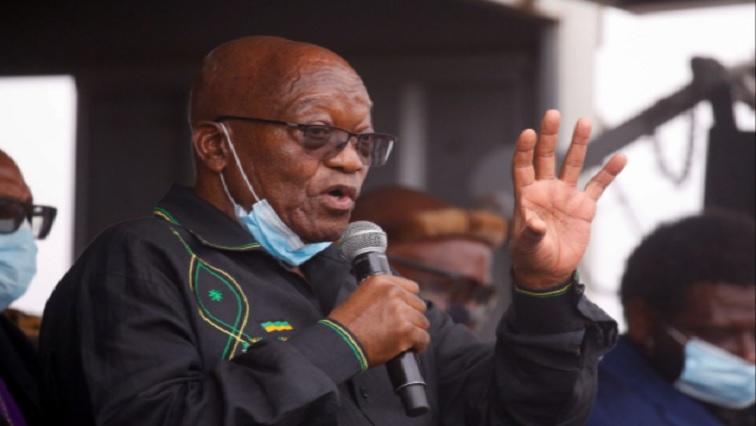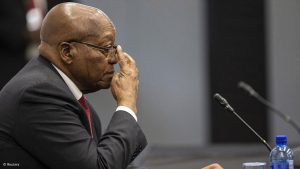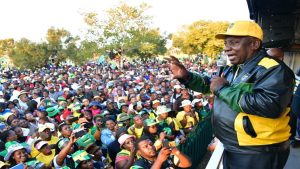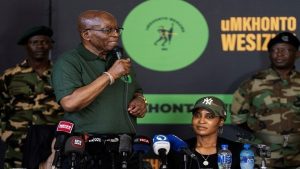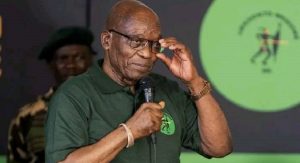A Washington-based analyst has labelled as extraordinary South Africa’s rule of law and the role of the independent judiciary in holding a former head of state to account. Ambassador John Campbell served as a political counselor at the American Embassy in Pretoria in the early to mid-1990s, later as the United States Ambassador to Nigeria, and is currently the Ralph Bunche Senior Fellow for Africa Policy at the US-based Council on Foreign Relations.
Campbell offered an optimistic view of the country in light of South Africa’s democratic institutions standing their ground despite vociferous attacks against their independence and credibility.
Campbell is the author of Morning in South Africa published in 2016 in which he then offered a positive review of the country’s political trajectory given the strength of its democratic institutions. And despite the events of widespread looting and arson in the aftermath of former President Jacob Zuma’s incarceration, it has done little to change that view.
“Certainly the deplorable violence that has taken place over the past week or so has grabbed the headlines, it’s been the focus of media attention and it’s certainly serious enough but it overshadows what I think is the most important development over the past month or so and that is the operation of the SA judiciary and the independence of that judiciary, the rule of law and the holding accountable of a former head of state – something which is not just extraordinary in an African context but it’s extraordinary in a worldwide context.”
In his blog ‘Africa in Transition’ he writes that as the rioting intensified, it morphed from a protest over Zuma’s fate into an expression of deep-seated grievance among the poor and marginalised.
“The rioting morphed into something that was much more anarchic, something that reflected deep-seated frustration particularly in certain areas and certain parts of the country, notably KwaZulu-Natal and notably in the townships particularly in Gauteng. Now, why rioting broke out in place A versus place B is something that requires I think a good deal of investigation, one size does not fit all.”
As the infighting in the African National Congress and its ramifications for the political experiment that is South Africa continues to weigh on any analysis of the country’s future.
“It has been in power for a very long time, it’s trajectory reminds me a bit of the Indian National Congress (INC) and with many of the same stresses and strains that the INC faced after it had been in power for a long time. What did the Congress Party of India do? It eventually split into a number of different political parties. I wouldn’t be surprised if the ANC doesn’t similarly split into a number of different political parties.”
Campbell also suggested that if the present government showed discretion and skill, that it could emerge from what he called a “bad patch” in the face of weak opposition.
“The opposition was strongest, best coordinated, and in some respects most effective as a foil against the Zuma administration and its shortcomings, the Zuma administration has now gone away which means that the opposition parties have to regroup.”
More pertinent to this analyst is the growing gulf between the country’s remarkable success in building strong democratic institutions and its much slower progress in meeting the material needs and aspirations of the majority of its people.


